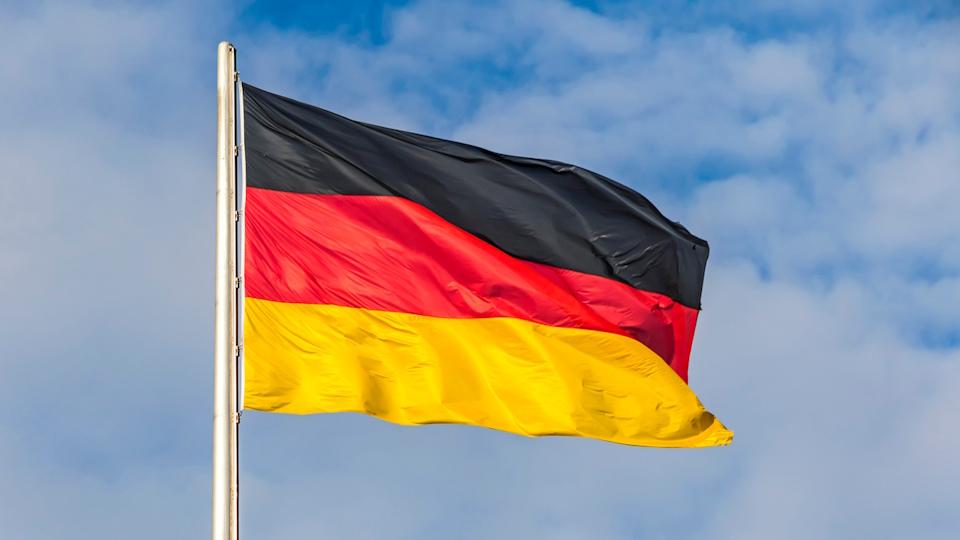Germany inches closer to confidential pricing for drugs

Pharma companies who want to keep the prices of their medicines private in Germany may soon be able to do so – as long as they meet certain conditions.
Germany’s recent adoption of the Medical Research Act (MFG) means that, for the first time, it could become possible for drugmakers to keep their reimbursement price negotiations with the statutory health insurance funds under wraps, as occurs in other European markets including the UK.
The MFG was amended from its earlier drafts to get agreement on the confidentiality cause through, for example, clarifying that only pharma companies with R&D departments located within Germany can qualify.
In addition, drugmakers have five days to choose between confidential or transparent pricing, and choosing confidentiality comes with an automatic 9% discount on the agreed price.
There will effectively be two prices for medicines – a public price on the pack and a discounted price agreed under Germany’s AMNOG process – with the difference reimbursed by the companies to the health insurance funds and other payors.
Passage of the MFG is seen as a key part of Germany’s drive to become more attractive for pharma R&D and manufacturing, an initiative that was announced last December by the government to build on the country’s position as the fourth-largest pharma market in the world.
In a strategy paper, the government noted that Germany has been losing its place as an R&D location compared to other European countries, with a declining number of industry-sponsored clinical trials.
Along with a series of measures designed to simplify the conduct of trials, the paper also laid out plans to reform German drug pricing and reimbursement laws, which for years has made the negotiated reimbursement price for a new patented medicine public, allowing it to be used by other countries as a reference for their own discussions.
For pharma companies, having confidentiality means they can have a stronger position in negotiations with other purchasers, while payers in Germany benefit from a further discount in what has been described as a ‘win-win’ by the MFG’s backers.
Over the years, some drugmakers that ended up with low prices after AMNOG negotiations opted to withdraw products from the German market in order to maintain confidentiality and so avoid price erosion in other countries.
The MFG also introduces a new link between drug pricing and local clinical trial activities to incentivise the conduct of studies within Germany.
Lawmakers in the Bundestag’s Health Committee approved the act with the proviso that the confidentiality mechanism will have a probationary phase and can be reversed if it is found to not operate as hoped.
Before the MFG comes into force, it still needs to pass the German Federal Council (Bundesrat), which will likely happen later this year after the summer recess. If all goes to plan, it will come into effect on January 1st 2025.












